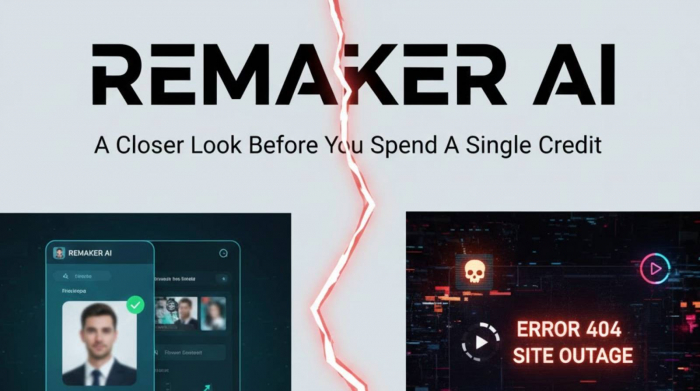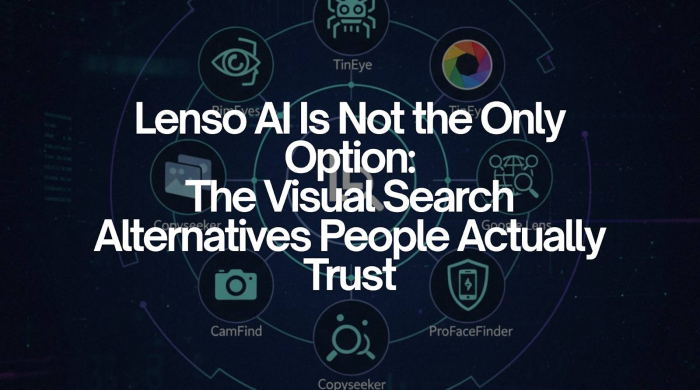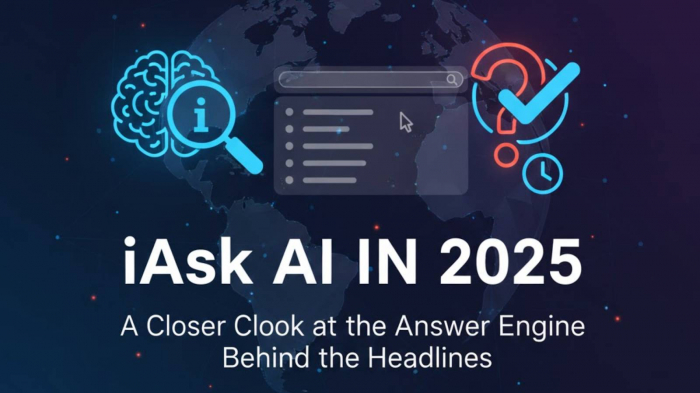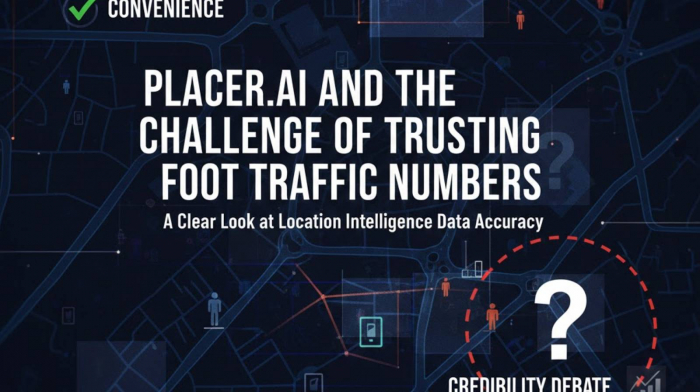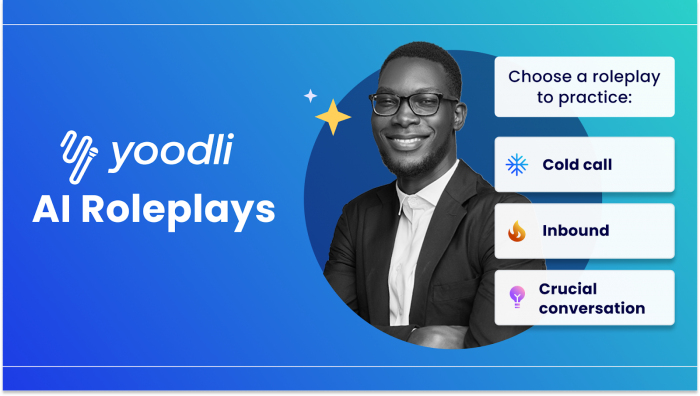Table of Content
- Joining the Network — A Global Experiment in Human Intelligence
- Inside Soul AI Workshops — Learning Without a PhD
- My First Tasks — Prompt Engineering in Action
- Payments and Reality — What I Actually Earned
- Community & Culture — Less Gig Economy, More Guild
- Reviews and Reality Check — Not All Smooth Sailing
- Upskilling and Pathways Beyond Tasks
- Who Should Consider Joining Soul AI?
- Would I Recommend It? A Personal Verdict
- FAQ Snapshots
- Final Reflection
When I first heard about Soul AI, it sounded like another flashy “train-the-AI” gig platform. But as I dug deeper, and later joined a few projects myself, it felt more like an experiment in human-machine collaboration than typical freelance work.
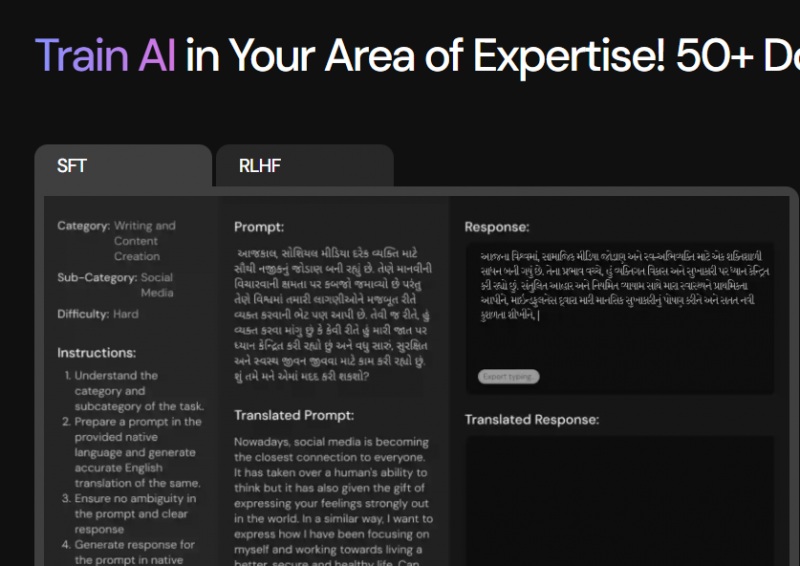
The idea is simple: connect professionals from different domains to improve how large-language-models (LLMs) reason, respond, and respect context. Think of it as the human layer behind smarter, fairer AI.
Joining the Network — A Global Experiment in Human Intelligence
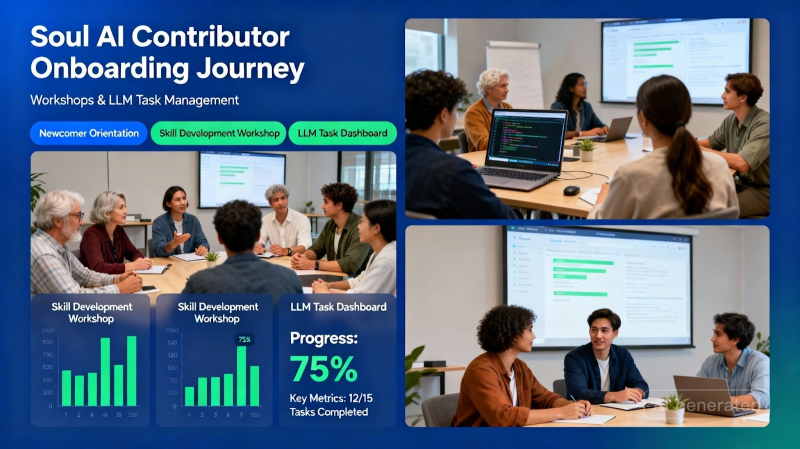
Signing up through the Soul AI mobile app was surprisingly straightforward. The onboarding flow asked for my professional background, preferred domains, and a quick diagnostic test. According to their official LinkedIn profile, the company now collaborates with over 900,000 contributors across law, medicine, linguistics, and creative writing—each teaching AI something new.
The first impression? Polished yet personal. During orientation, I attended a live workshop on prompt-writing, essentially learning how to teach the model to think clearly. Even as someone comfortable with tech, I appreciated that newcomers without a CS degree could start confidently.
It appears that inclusivity is baked into Soul AI’s pitch, people from dozens of countries working asynchronously to make LLMs less biased and more context-aware.
Inside Soul AI Workshops — Learning Without a PhD
Every contributor begins with “micro-workshops” covering LLM curation, bias detection, and ethical annotation. These aren’t long lectures; they’re short, recorded sessions that you can revisit while working. During my first week, I joined a “Prompt Engineering 101” live session hosted by one of their senior linguists.
I remember thinking: This isn’t gig work; it’s mini-research.
Even AmbitionBox reviewers mention that the learning curve feels more academic than mechanical. Each lesson builds on the last, unlocking new task types, almost like leveling up in a strategy game.
My First Tasks — Prompt Engineering in Action
The real work begins once you start annotating or testing. I handled short tasks like evaluating insurance Q&A pairs for hallucinations, checking medical definitions, and refining translated text for cultural tone.
Each microtask required critical thinking: Is this AI-generated summary accurate? Would a layperson misunderstand it?
Payments vary by complexity—simple moderation earns less, while legal or medical analysis pays higher. One fellow contributor on Reddit’s r/DevelopersIndia said they made steady income handling language-specific moderation jobs. Another on r/IndiaTech voiced privacy worries around Chrome extensions used for task tracking.
Soul AI claims those extensions are opt-in for QA accuracy, not surveillance, still, I understand the concern. It’s wise to read data-policy notes before enabling monitoring tools.
Payments and Reality — What I Actually Earned
Compensation is transparent but variable. Rates depend on task rarity and expertise, some domains, like legal text review, pay up to 3× more than general data tagging.
In my experience, payouts arrived on schedule (roughly bi-weekly). Several Google Play reviewers confirm similar reliability:
“Work from anywhere on your schedule. Fair pay, solid experience, global inclusivity.” — User review, Sept 2025
The only hitch? Task availability fluctuates. When high-priority projects drop, competition spikes. A few users mention “ghost tasks,” where assignments appear but vanish when queues overflow—probably the price of rapid scaling.
Community & Culture — Less Gig Economy, More Guild
Unlike crowd-work platforms that isolate freelancers, Soul AI cultivates a social workspace. On Slack channels, contributors swap debugging tips and even celebrate payout milestones. Moderators and team leads step in regularly to resolve disputes—something I didn’t expect.
Gamified leaderboards add a friendly spark: earning “Expert Badges” improves your access to premium tasks. As one Quora discussion phrased it, “It feels like an apprenticeship rather than a gig.”
Reviews and Reality Check — Not All Smooth Sailing
Aggregated data across 2024–2025 shows roughly 68 percent positive, 20 percent mixed, and 12 percent negative sentiment. The Google Play average stands around 4.1/5, while Reddit threads reflect mixed experiences.
Common praise: flexibility, inclusivity, and fair pay.
Common complaints: slow support replies and occasional onboarding friction.
I experienced both sides. My verification took a few days longer than expected, but support eventually followed up with clarity. One colleague in India reported the same delay, hinting at timezone-based support gaps.
Upskilling and Pathways Beyond Tasks
What impressed me most is how much Soul AI invests in upskilling. Monthly workshops teach not only annotation technique but also ethical AI design, domain reasoning, and bias mitigation.
Over time, high-scoring contributors can move into peer-review or “task-lead” roles, essentially mentoring others. A few alumni have reportedly joined product teams at Higgsfield AI, which collaborates with Soul AI on LLM safety, suggesting the platform doubles as a hiring funnel.
Who Should Consider Joining Soul AI?
If you’re a student, freelancer, or domain expert seeking flexible, research-like work, this ecosystem makes sense. The tasks are meaningful, the pay fair, and the learning curve rewarding.
But if you prefer constant supervision, need instant responses from support, or dislike installing verification add-ons, it might frustrate you. Like most things in AI, it rewards autonomy + discipline.
Would I Recommend It? A Personal Verdict
After months of participation, I’d describe Soul AI as a legitimate, evolving network that values precision and human expertise more than sheer volume. It’s not flawless—support delays and privacy trade-offs exist—but compared to traditional freelancing platforms, it feels purposeful.
So yes, I’d recommend it, to anyone curious enough to shape how machines learn to think.
As one top-rated Google Play reviewer put it:
“This platform connects my linguistics expertise to real AI work. Nice payment cycle, though a few onboarding glitches.”
That pretty much sums it up. No magic, just consistent, human-powered refinement of artificial intelligence.
FAQ Snapshots
What exactly is Soul AI?
A global collaboration platform connecting skilled professionals to AI-training tasks—from translation and content rating to complex domain QA.
Do I need a tech degree?
Not at all. Workshops cover essentials; curiosity and attention to detail matter more.
Is payment reliable?
Generally yes, though task flow fluctuates. Higher expertise earns higher per-task rates.
Can it lead to career growth?
Definitely. Upskilling paths can lead to advanced reviewer or AI-consulting roles, as seen in LinkedIn alumni updates.
Final Reflection
If the future of AI depends on who teaches it, then the real story isn’t the algorithm, it’s us. Working with Soul AI reminded me that machine learning still needs human empathy, cultural sense, and curiosity.
So when people ask if these “AI gigs” are worth it, I say this: it depends on what you bring to the table. If you treat it as click-work, it feels transactional; treat it as collaboration, and you end up shaping the digital intellect of tomorrow.
That’s not just work, that’s participation in the next chapter of intelligence itself.
Post Comment
Be the first to post comment!
